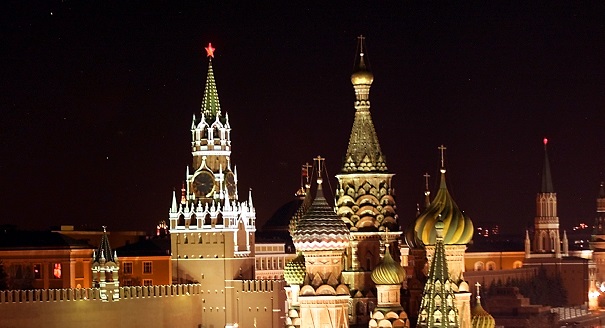June 12 is Russia’s National Day. It marks the anniversary of the 1990 decision by the Supreme Soviet of the Russian Soviet Federative Socialist Republic (RSFSR) to declare “state sovereignty” of the said republic. This was a fuzzy concept, for Russia still stayed within the Soviet Union. A year later, the residents of the RSFSR, for the first time in over 1,000 years of Russian statehood, got a chance to vote for their head of state. Boris Yeltsin won then, becoming Russia’s first democratically elected president. At the time, the journalist Leonid Parfyonov quipped, the very phrase, “the president of Russia” sounded as odd as “the czar of the United States.”
With the Soviet Union no more at the end of 1991, and the Russian Federation fully on its own, June 12 became known as Russia’s Independence Day. Yet, “Russia’s independence from the Soviet Union” was long considered a joke, and in more recent times has been regarded by many as a form of perversion: the Soviet Union itself was a modernized, 20th century version of the Russian empire.
This is precisely the point. On what is now known popularly as “Russia Day,” Russians, whether they realize it or not, actually celebrate their self-liberation from their historical empire. This is a very imperfect and even strange liberation. Virtually overnight, millions of ethnic Russians in the other post-Soviet republics became foreigners to their kith and kin in the Russian Federation in 1991, while Russia itself contained many non-Russians. By the same token, some areas predominantly populated by Russians became part of new independent states, whereas some smaller elements of the former empire, as in the North Caucasus, stayed within the Russian Federation.
Today, almost a quarter-century later, Russians have largely adjusted to their new borders. The idea of an empire may currently be more revered than when the Soviet Union was allowed to break up, but it is history. Politicians may still be able to exploit imperial nostalgia, which is essentially inactive, but popular sentiments favor ethnic Russian nationalism within Russia, which sees the North Caucasus, for example, as alien.
This raises a number of key issues. Russia will not become a modern polity until the Russians come together as a political nation. A political nation in a multi-ethnic society can only be a civic nation. A civic nation is about solidarity, not just shared history. Solidarity demands a modicum of common values and a willingness to act. Above all, it requires a citizenry. The empire’s former subjects have since turned into consumers, but these are still en route to becoming citizens. The promise of June 12 remains unfulfilled.
